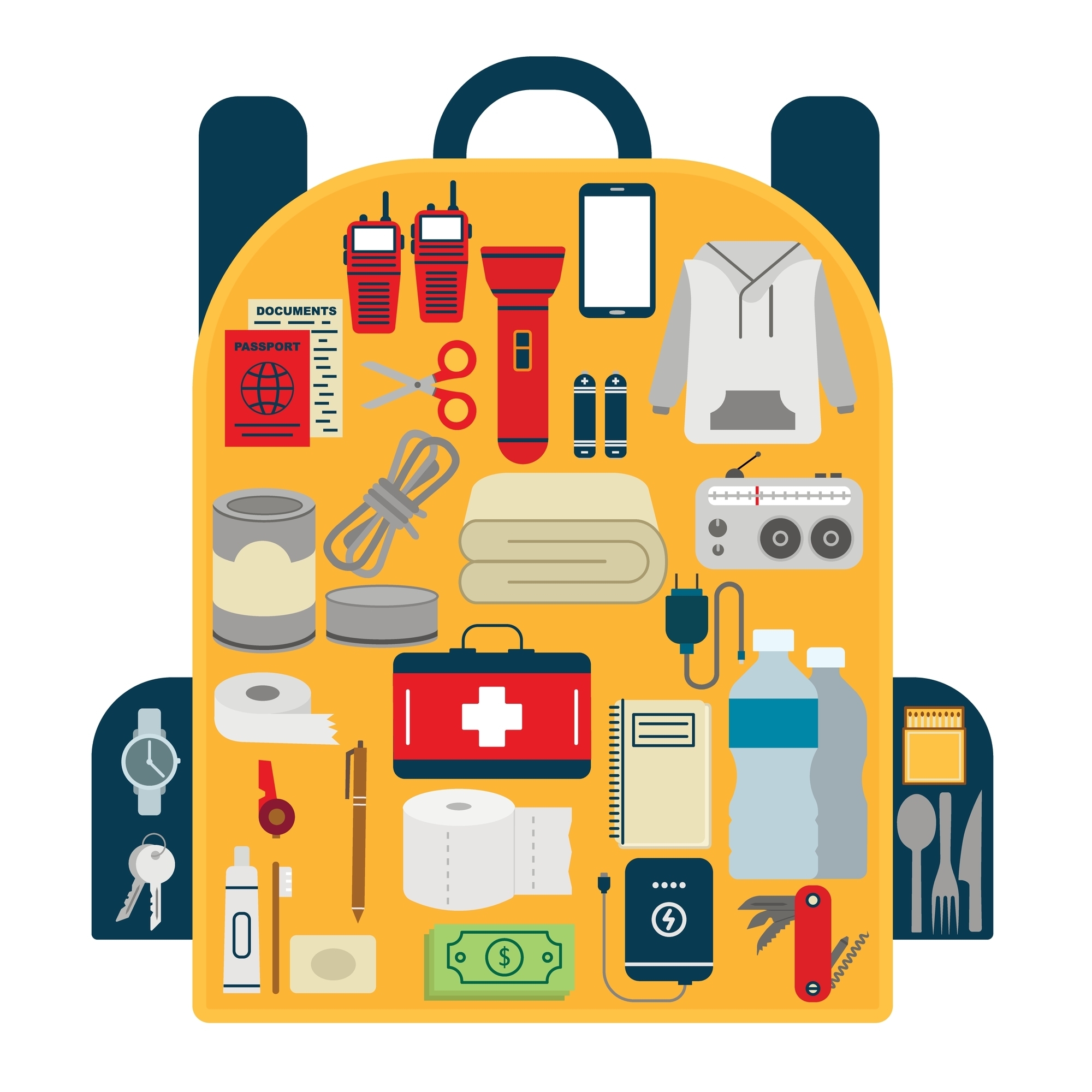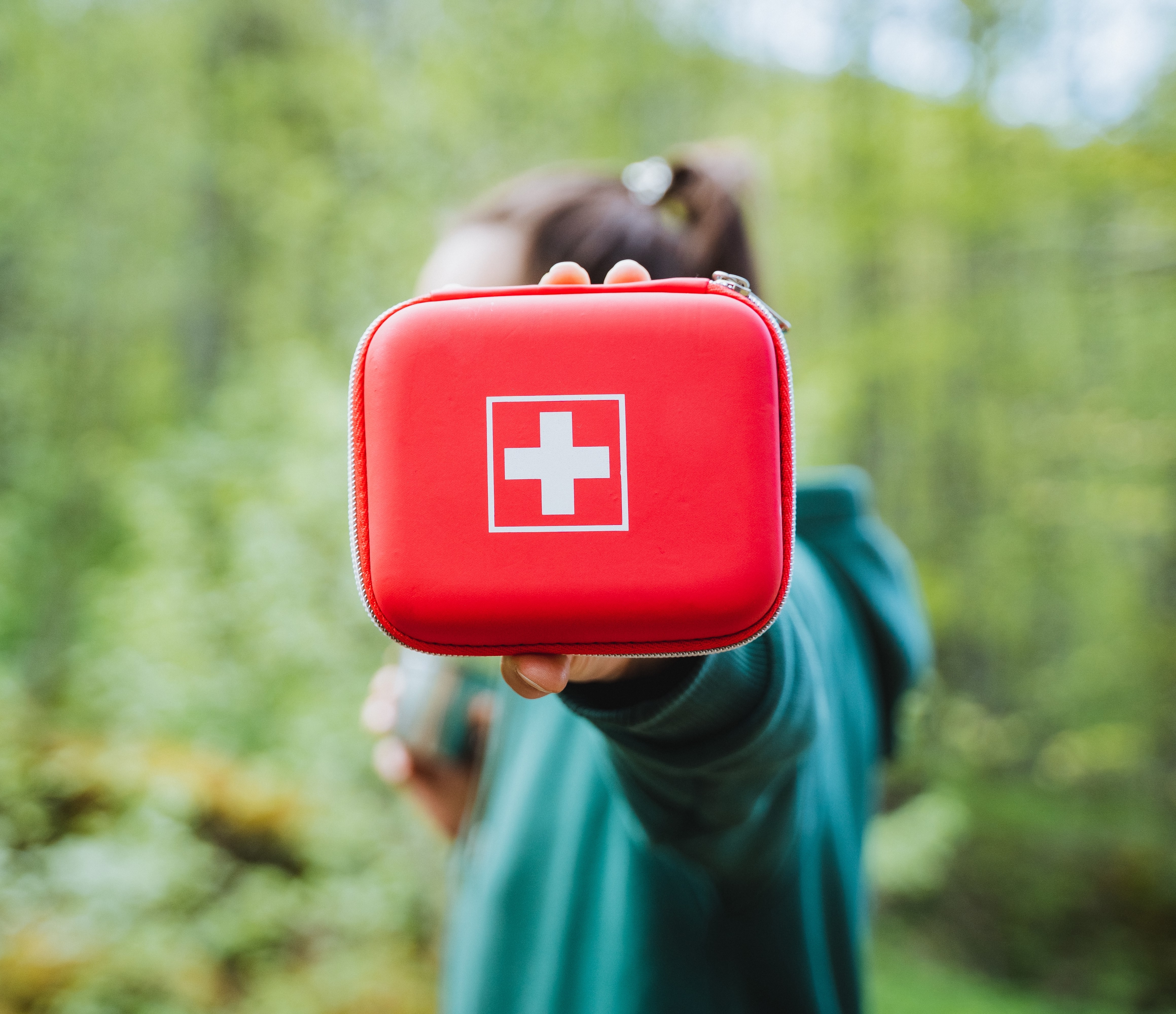Preparing for Emergency Events
Posted by Rachel Crippin Clark on 16th Oct 2024
Even in parts of the United States that are no strangers to hurricanes, it’s been an unbelievable few weeks for severe weather events. Whether it’s a hurricane, tornado or snowstorm, many people are wondering if they would be ready if a natural disaster came their way.
While there’s no perfect solution – and no perfect plan, we’ve pulled together some tips to help you prepare and get organized for a variety of emergency scenarios.
Start Small
 No doubt,
it’s overwhelming to think about what you might need or want in the case of
emergency, whether a power outage in your community or flooded roads. Experts
recommend starting small and focusing on basic needs. This includes water,
shelf-stable food, first aid, medicine and basic tools. Think in terms of what
you might need for 72 hours.
No doubt,
it’s overwhelming to think about what you might need or want in the case of
emergency, whether a power outage in your community or flooded roads. Experts
recommend starting small and focusing on basic needs. This includes water,
shelf-stable food, first aid, medicine and basic tools. Think in terms of what
you might need for 72 hours.
Stock Up and Store
Once you’ve gathered some basic supplies, think about enhancing or adding to it. This might be the time to check out a list like this one from the American Red Cross and see what items you’d like to add. As you prepare to store these items, think about how to make things portable – in case of an evacuation – and waterproof if possible. Vacuum sealed bags and clear plastic bins are good options.
Develop a Plan
Next, come up with a plan for both emergency communication and evacuation. It’s important to involve everyone in your household and make sure even the youngest ones know what to do, where to meet and where emergency supplies will be stored. In this case, consider having one designated area – like a shelving unit in your garage – where all emergency supplies are located for easy access. This also might be a good time to develop a communications chain with your neighbors if you don’t have one already.
Learn Skills

It’s probably safe to say most people in developed countries take things like fresh water and cooking appliances for granted. But depending on the type and duration of an emergency event, it might be helpful to dust off or enhance your skills in fire-starting, first aid or CPR. It’s also recommended that you know how to operate a fire extinguisher and how to shut off electricity, natural gas and water to your home.
Stay Connected
So you can stay informed in advance of – and during – an emergency situation in your area, it’s a good idea to have multiple chargers for phones and computers, including wireless ones and ones that plug into your car. A battery-powered or hand crank radio is also highly recommended. Many towns and jurisdictions also have systems where you can sign up to receive phone, text or email notifications during emergencies and relief situations.
If you’d like more detailed information on emergency planning, https://www.ready.gov/ has resources and recommendations for all kinds of scenarios.
If you’re looking for something sturdy to store your emergency supplies, we offer a wide variety of wire storage shelves with baskets (and without) and enclosed storage units in the form of our metal garage cabinets.

